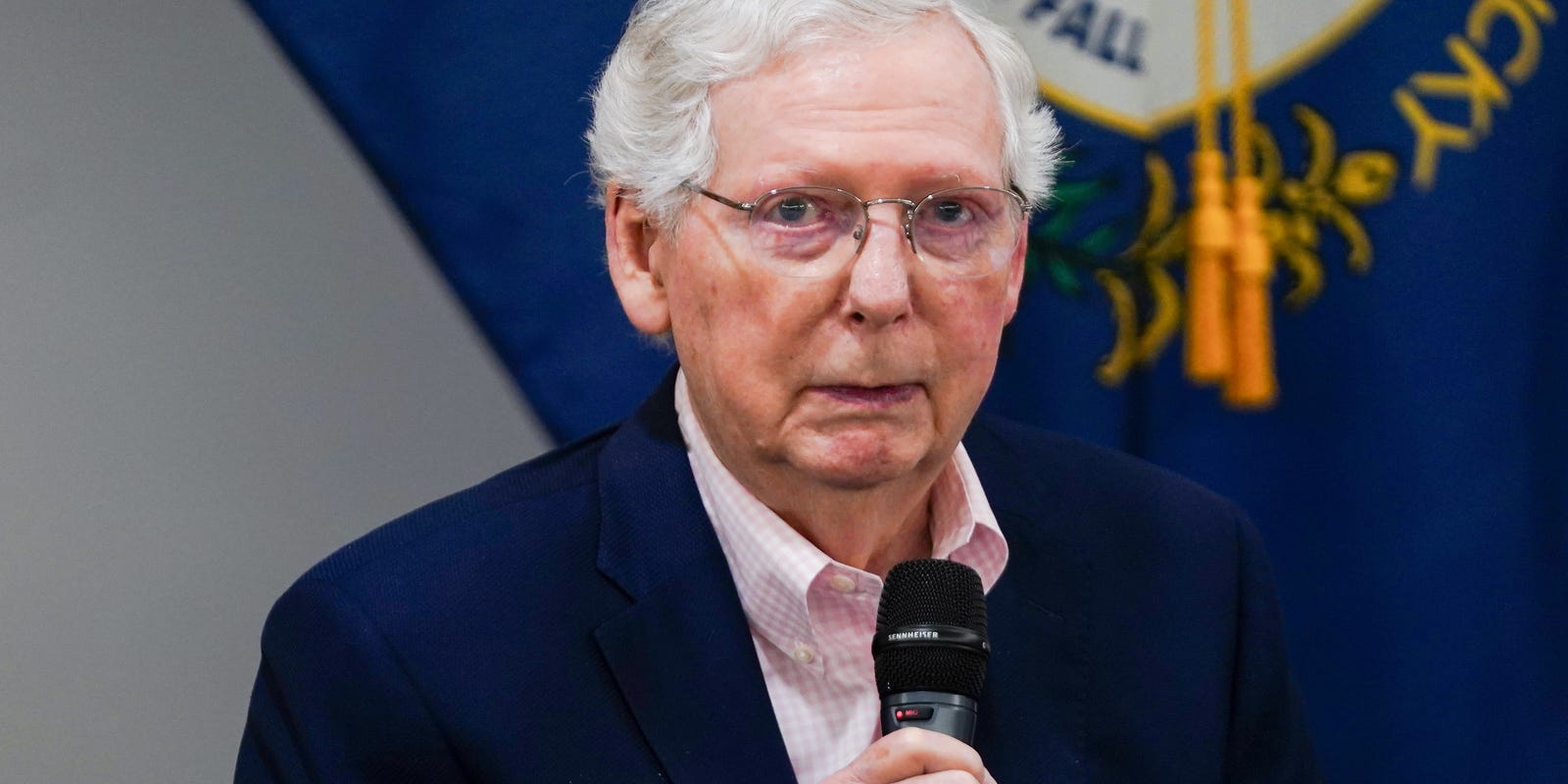Trade Tremors: McConnell Warns Kentucky's Economic Lifeline Squeezed by Tariff Tensions

In a bold stance that transcends partisan lines, U.S. Senator Mitch McConnell is advocating for congressional oversight on presidential tariff powers. The veteran lawmaker emphasized that seeking legislative input on trade policies is not an attack on President Trump, but a principled approach to balanced governance.
McConnell's perspective underscores the importance of checks and balances, suggesting that while executive authority is crucial, lawmakers should have a meaningful voice in shaping trade strategies that impact American businesses and consumers. His comments reflect a nuanced understanding of constitutional responsibilities, highlighting that constructive dialogue and collaborative policymaking serve the nation's best interests.
By pushing for congressional involvement in tariff decisions, McConnell is reinforcing the fundamental democratic principle that power should be shared and scrutinized, regardless of which party holds the White House. This stance demonstrates his commitment to institutional integrity over partisan loyalty.
